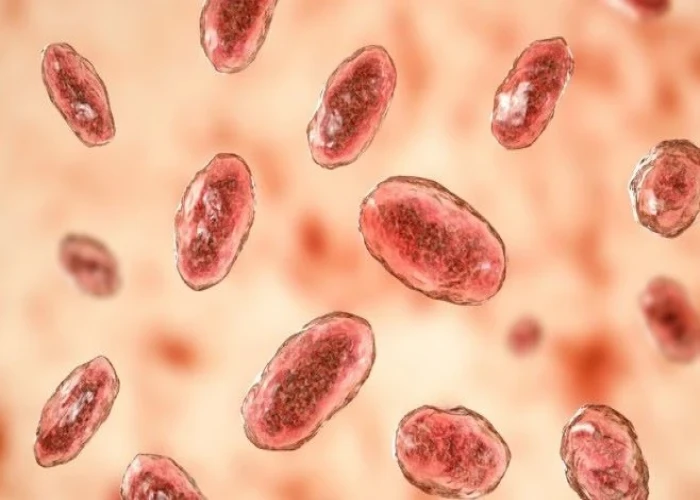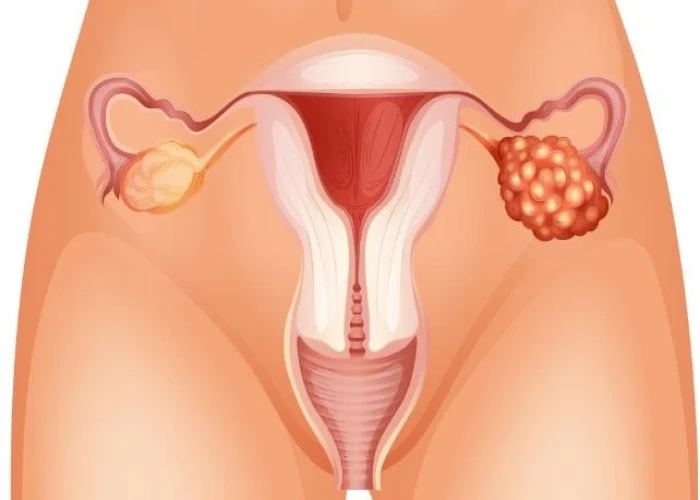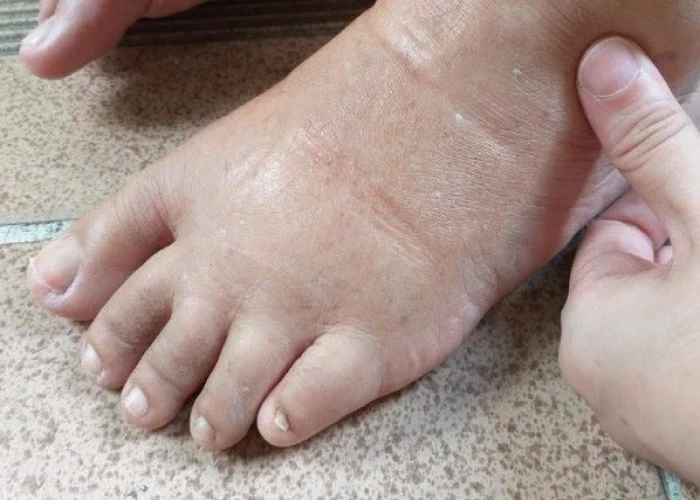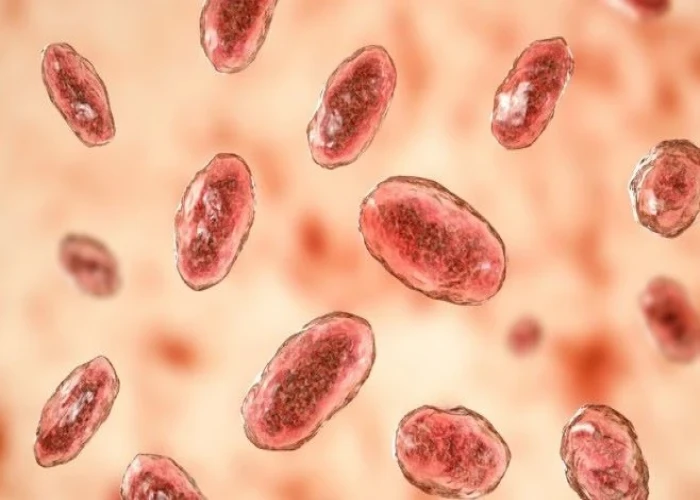 Welcome
Welcome
“May all be happy, may all be healed, may all be at peace and may no one ever suffer."
Mesenteric lymphadenitis

Mesenteric lymphadenitis is a condition that occurs when the lymph nodes in the mesentery, a tissue that supports the small intestine, become inflamed. It is most commonly caused by a viral or bacterial infection and can be mistaken for appendicitis or other conditions that cause abdominal pain.
Symptoms of mesenteric lymphadenitis may include abdominal pain, fever, nausea, vomiting, diarrhea, and loss of appetite. The pain is usually located in the lower right side of the abdomen and may be similar to the pain associated with appendicitis.
Diagnosis of mesenteric lymphadenitis involves a physical exam, blood tests, and imaging studies such as ultrasound or CT scan. In some cases, a biopsy of the lymph nodes may also be performed to confirm the diagnosis.
Treatment of mesenteric lymphadenitis involves managing the underlying infection with antibiotics or antiviral medications, as well as pain management and supportive care such as hydration and rest. Most cases of mesenteric lymphadenitis resolve within a few weeks with appropriate treatment, but in some cases, surgery may be necessary to remove the inflamed lymph nodes.
Research Papers
Disease Signs and Symptoms
- Abdomen pain
- Lower abdomen pain
- Abdominal tenderness
- Fever
- Diarrhea
- Nausea or vomiting
- Loss of appetite
Disease Causes
Mesenteric lymphadenitis
The most common cause of mesenteric lymphadenitis is a viral infection, such as gastroenteritis — often called stomach flu. This infection causes inflammation in the lymph nodes in the thin tissue that attaches your intestine to the back of your abdominal wall (mesentery).
Other causes of mesenteric lymphadenitis include bacterial infection, inflammatory bowel disease and lymphoma.
Disease Prevents
Disease Treatments
Mild, uncomplicated cases of mesenteric lymphadenitis and those caused by a virus usually go away on their own, although full recovery can take four weeks or more.
For treatment of fever or pain, consider giving your child infants' or children's over-the-counter fever and pain medications such as acetaminophen (Tylenol, others) or ibuprofen (Advil, Motrin, others) as a safer alternative to aspirin.
Use caution when giving aspirin to children or teenagers. Though aspirin is approved for use in children older than age 3, children and teenagers recovering from chickenpox or flu-like symptoms should never take aspirin. This is because aspirin has been linked to Reye's syndrome, a rare but potentially life-threatening condition, in such children.
Antibiotics might be prescribed for a moderate to severe bacterial infection.
Disease Diagnoses
Disease Allopathic Generics
Disease Ayurvedic Generics
Disease Homeopathic Generics
Disease yoga
Mesenteric lymphadenitis and Learn More about Diseases

Jet lag disorder

Ambiguous genitalia

Amniotic fluid embolism

Meniere's disease

Ovarian cancer

Seizures

Boils (Absces or Carbuncles)

Pulmonary edema
mesenteric lymphadenitis, মেসেনট্রিক লিম্ফডেনাইটিস
To be happy, beautiful, healthy, wealthy, hale and long-lived stay with DM3S.
